This month I’ve been venturing into the further reaches of modern dance – obscure territory where I don’t feel particularly comfortable. In its hinterland is the Judson Church in New York: it was here, during the early 1960s, that young Turks such as Trisha Brown and Steve Paxton began investigating the idea that dance need not involve formalised gestures or what primary school teachers call ‘movement to music’, but could grow instead out of quotidian activities such as running, jumping and walking.
Already a subscriber? Log in
Subscribe for just $2 a week
Try a month of The Spectator Australia absolutely free and without commitment. Not only that but – if you choose to continue – you’ll pay just $2 a week for your first year.
- Unlimited access to spectator.com.au and app
- The weekly edition on the Spectator Australia app
- Spectator podcasts and newsletters
- Full access to spectator.co.uk
Unlock this article
You might disagree with half of it, but you’ll enjoy reading all of it. Try your first month for free, then just $2 a week for the remainder of your first year.

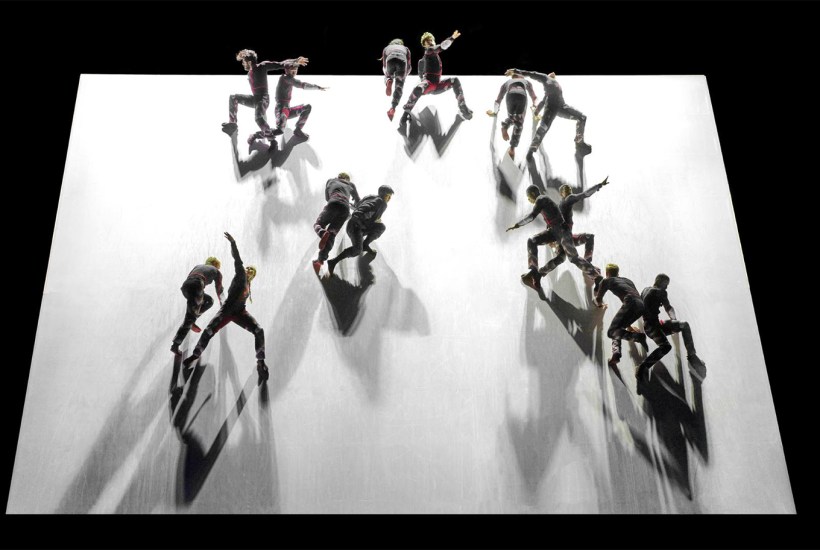
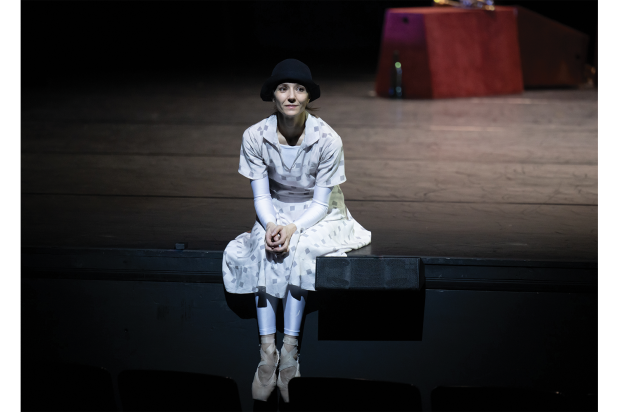
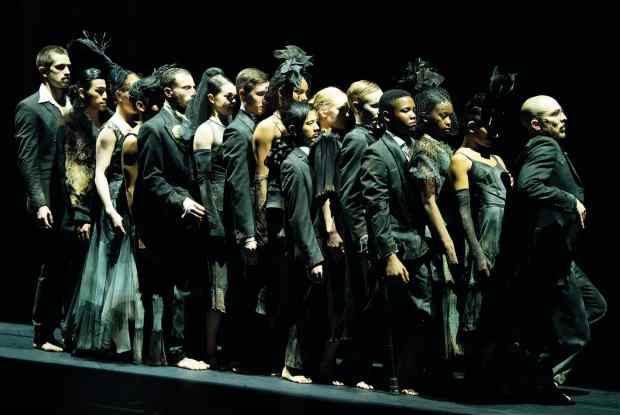
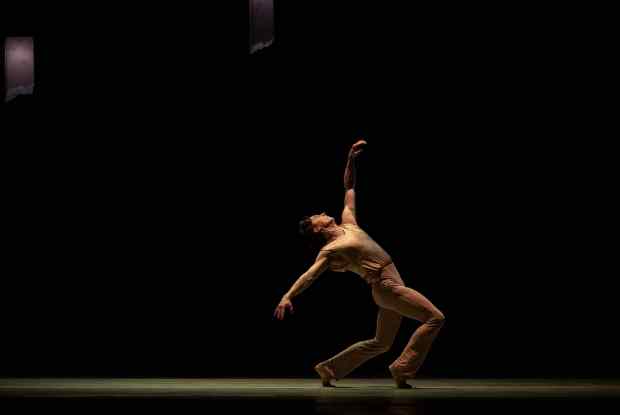

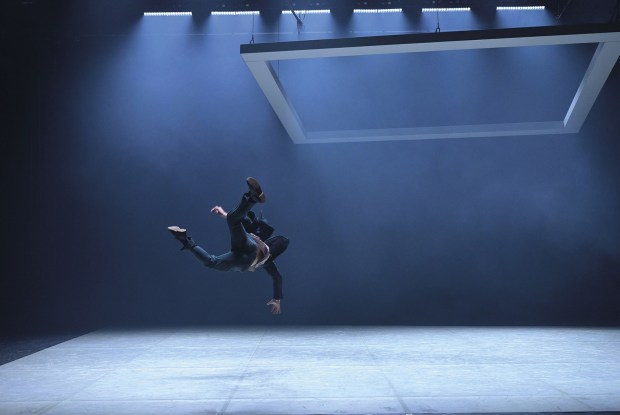
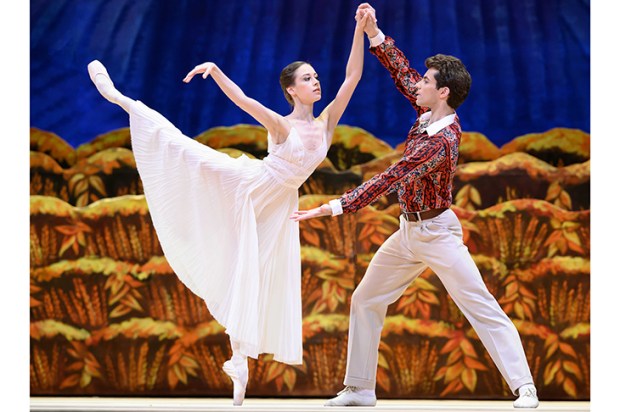






Comments
Don't miss out
Join the conversation with other Spectator Australia readers. Subscribe to leave a comment.
SUBSCRIBEAlready a subscriber? Log in